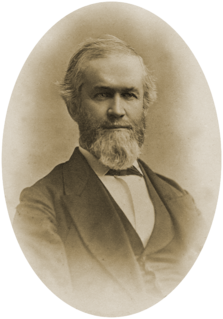A Quote by Alexander McCall Smith
The Culture of Complaint... We live in a culture of complaint because everyone is always looking for things to complain about. It's all tied in with the desire to blame others for misfortunes and to get some form of compensation into the bargain.
Related Quotes
Have you ever thought about why, all over the world, in every culture, in every society, there are a few days in the year for celebration? These few days for celebration are just a compensation - because these societies have taken away all celebration in your life, and if nothing is given to you in compensation, your life can become a danger to the culture. Every culture has to give some compensation to you so that you don't feel completely lost in misery, in sadness. But these compensations are false.
Many people are never happier than when they get the opportunity to complain, while others are deeply unhappy with how things are but just accept the fact. Complaint occurs when we refuse to accept that things are wrong and we do something about it, even if that something is simply articulating our unease.
The real controversy comes with anthropologists - not all, but some - who see themselves as studying culture, and they then see culture from the perspective of humans, which is what they study. From their perspective, or, from some of their perspectives, it's sort of heresy to even talk about culture in any other animal. Others would say, "Yeah, you can talk about it, but our definitions of culture are so utterly different from yours and include things like values, and so on, which you've never shown to exist in any of these other creatures."




































